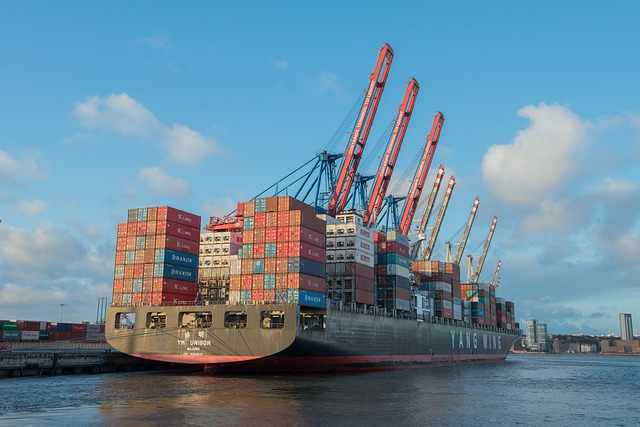G20 merchandise export growth flattened in Q2 2024, as measured in current US dollars, following a rise in the previous quarter. This slowdown was largely driven by a decrease in exports from the European Union. G20 merchandise imports grew by 1.2% after seven consecutive quarters of negative growth, mainly driven by strong imports in the United States and the United Kingdom. G20 exports and imports growth of services are estimated to have slowed to 1.9% and 1.1% in Q2 2024,1 from the 3.4% and 3.7% increases recorded in Q1 2024.
Merchandise export growth stagnated for the United States in Q2 2024, partly due to decreases in exports of industrial supplies and materials. Canadian exports fell, primarily in the motor vehicles and mineral sectors. However, North American imports increased, especially in capital goods like electrical equipment. European Union exports decreased by 0.9%, reflecting mostly developments in Germany, which saw reduced sales of chemicals and other manufactured goods. The European Union recorded positive import growth (0.2%) for the first time since Q2 2022. The United Kingdom saw exports decrease by 2.0% and imports surge by 8.3%, driven by machinery and transport equipment. In East Asia, merchandise exports grew robustly in China and Korea, driven by strong sales of automobiles, semiconductors, and high-tech equipment. Conversely, exports declined by 2.1% for Japan, partly due to the closure of a major automobile plant and a weak yen. After negative import growth in Q1 2024, imports in China, Korea, and Japan rebounded in the second quarter.
Services exports grew by 1.4% in Q2 2024 in the United States, mainly driven by higher revenues from ICT and other business services, while services imports rose by 1.5%. Conversely, in Canada, services exports and imports fell by 0.4% and 1.8%, respectively. In Germany, travel boosted services trade growth for both imports and exports, the latter possibly reflecting a marked increase in travel receipts following the European Football Championship. Conversely, services exports and imports contracted in France. The United Kingdom recorded moderate export growth (up 2.3%), while its imports rose by 2.8%, on the back of strong spending in other business services and intellectual property services. In Japan, services exports rose by 1.6%, mainly driven by high revenues from transport and other business services, while imports flattened. In Korea, services exports increased sharply, fuelled by transport (freight in particular), travel and ICT services, while its imports rose moderately. In India, trade in services surged, with exports and imports rising by 4.4% and 6.2% respectively. In China, easing of visa requirements boosted travel and total services exports (up 4.0%), while imports fell by 2.7% due to lower purchases of transport and ICT services.
Source: OECD
Legal Notice: The information in this article is intended for information purposes only. It is not intended for professional information purposes specific to a person or an institution. Every institution has different requirements because of its own circumstances even though they bear a resemblance to each other. Consequently, it is your interest to consult on an expert before taking a decision based on information stated in this article and putting into practice. Neither Karen Audit nor related person or institutions are not responsible for any damages or losses that might occur in consequence of the use of the information in this article by private or formal, real or legal person and institutions.






